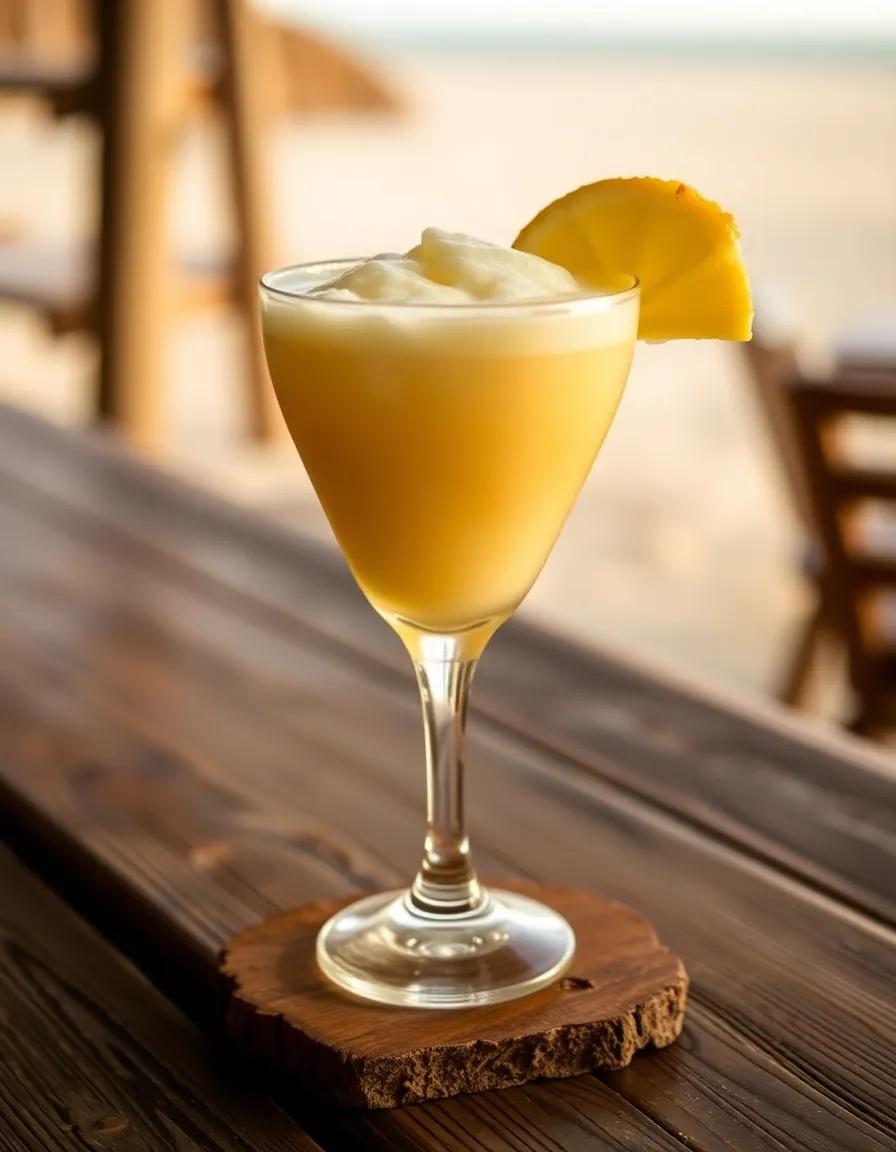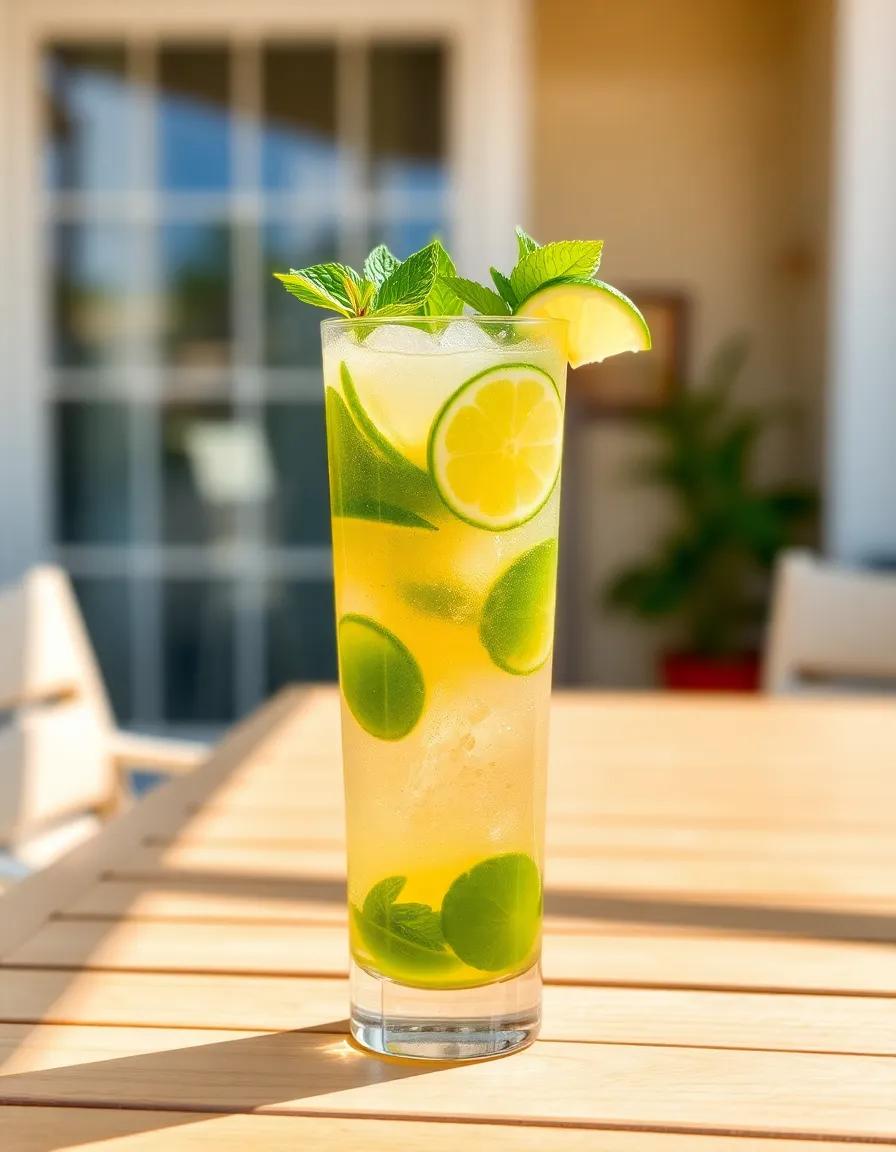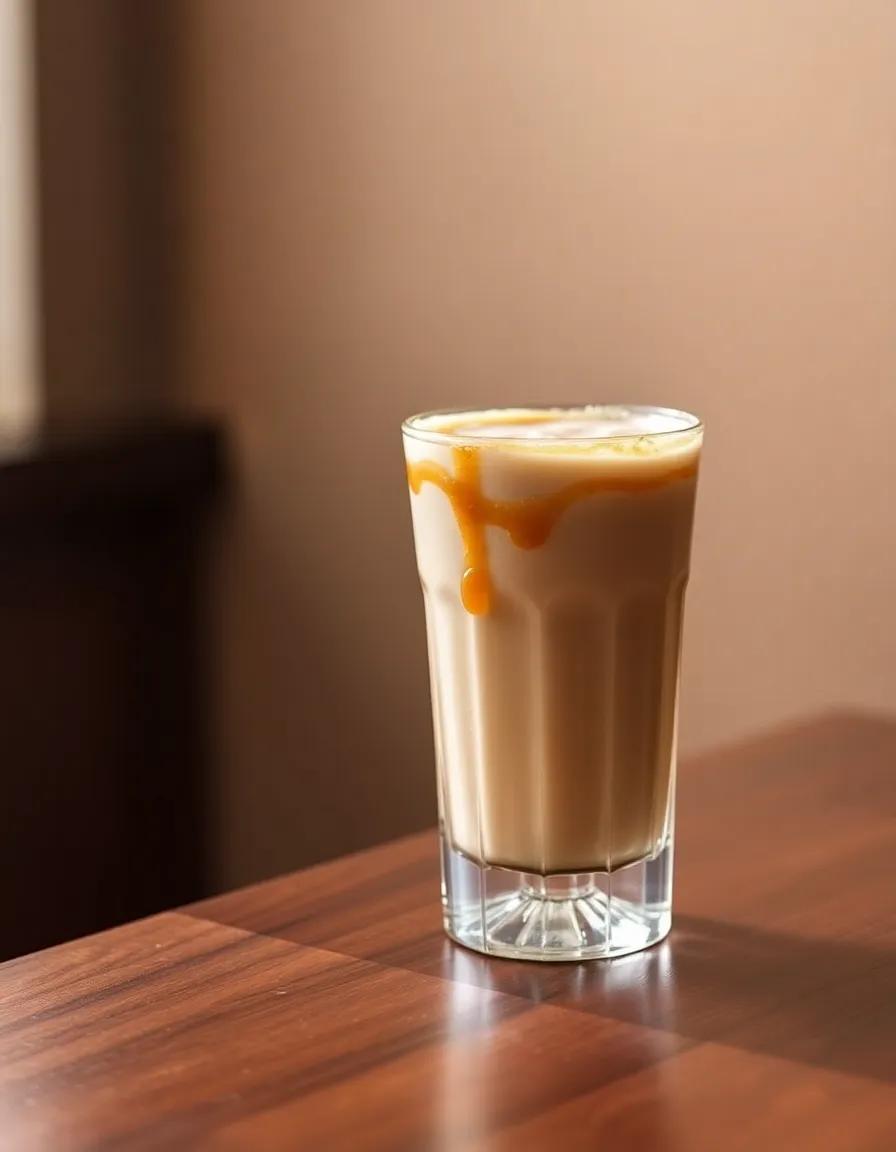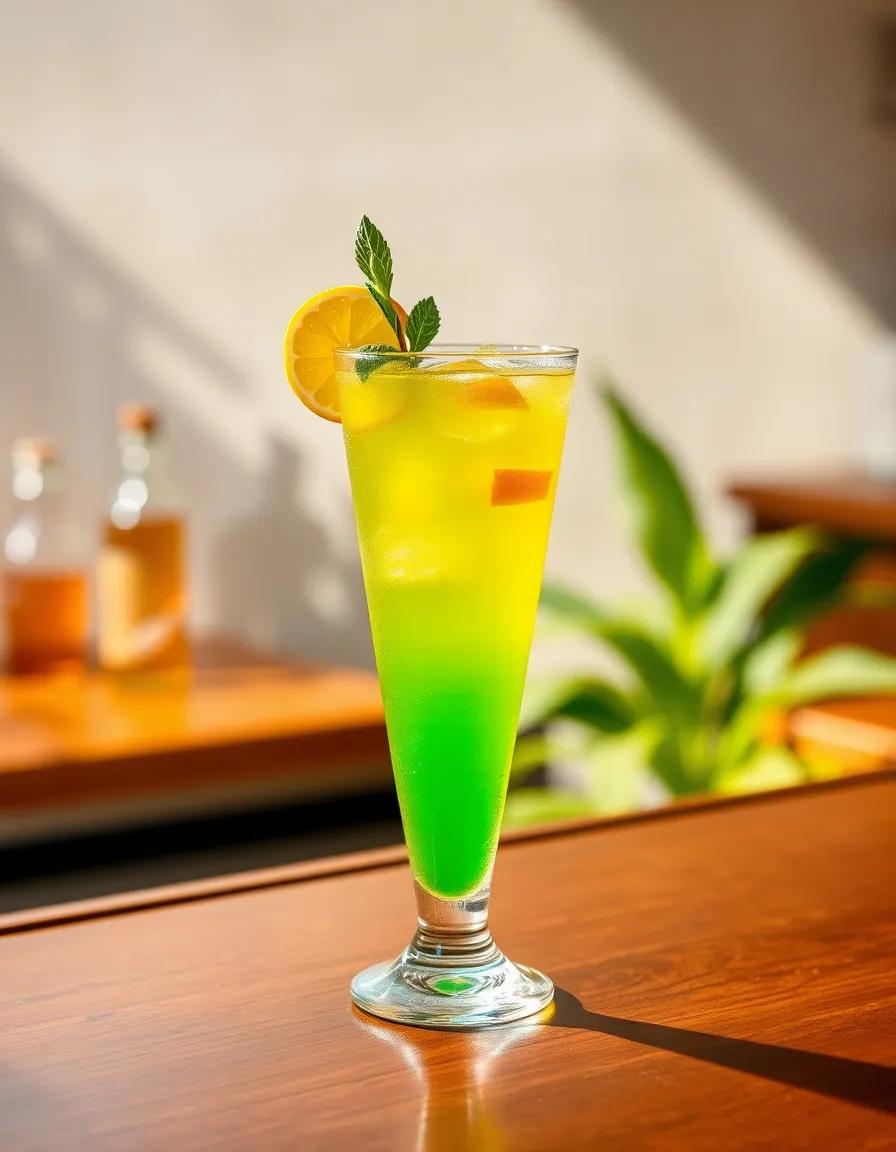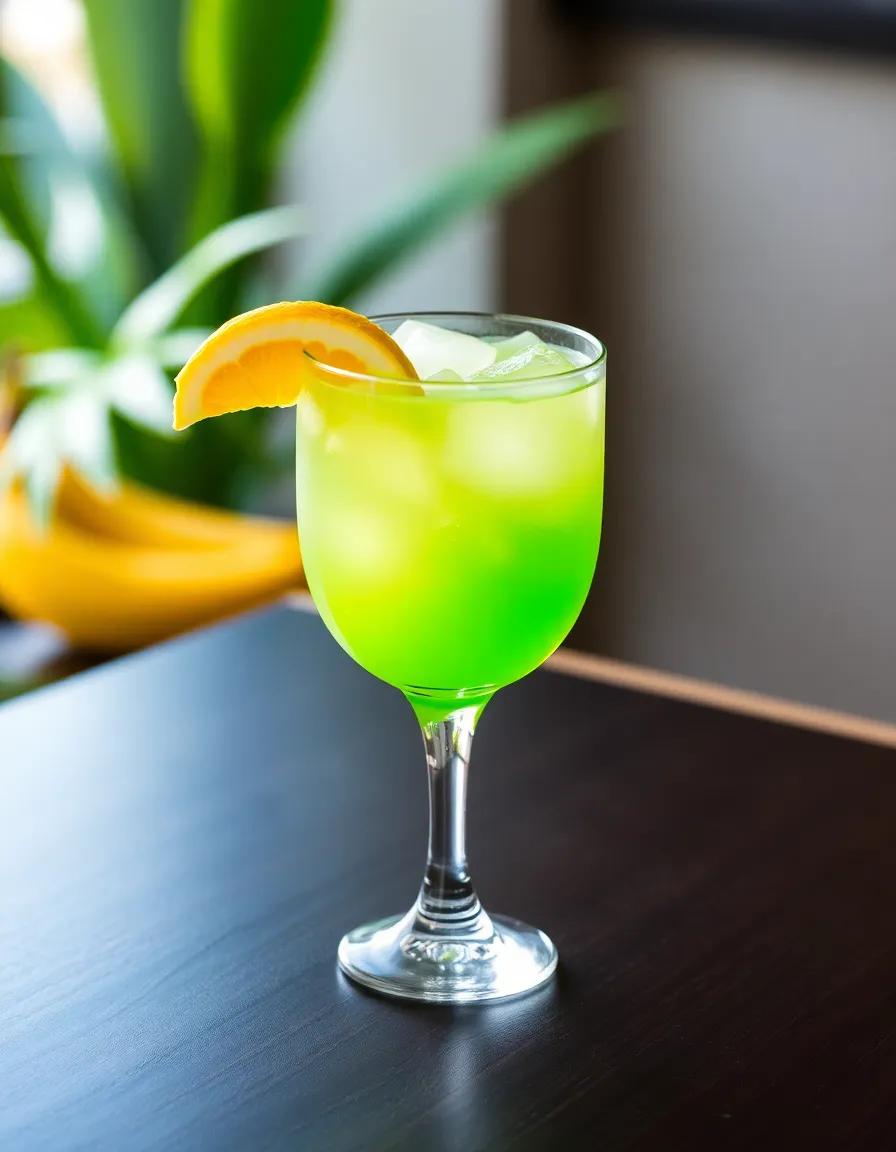A crisp, elegant cocktail with just the right balance of citrus, herbs, and smooth botanicals—the Windsor is a classic for a reason. With roots in royal tradition and a flavor that’s anything but stuffy, this drink is perfect for dinner parties, date nights, or even just a quiet evening on the patio. I’ve made this cocktail countless times, and it’s still one of my go-to favorites when I want something simple but impressive.
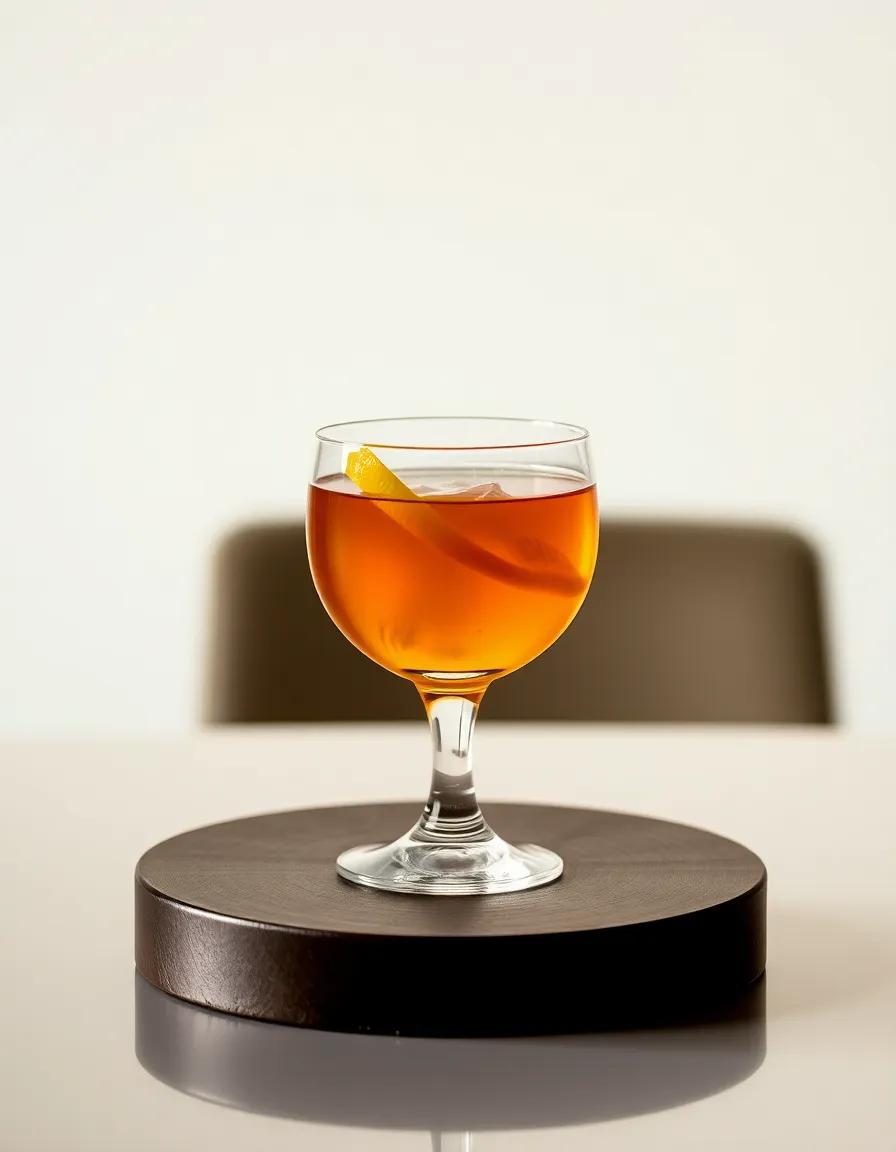
Windsor
What You’ll Need
Prep time: 5 minutes
Servings: 1 cocktail
Glassware: Chilled martini or coupe glass
Ingredients
– 2 oz (60ml) gin — use a dry, botanical-forward gin for best results
– 1 oz (30ml) Dubonnet Rouge — a sweet, herbal French aperitif wine
– 1 dash orange bitters
– Orange peel, for garnish
Optional Substitutions
– Swap gin for vodka if you prefer a smoother, less herbal base
– Use a non-alcoholic aperitif in place of Dubonnet Rouge for a zero-proof version
– Try lemon peel instead of orange for a zesty twist
Method
- Fill a mixing glass with ice. Add the gin and Dubonnet Rouge.
- Dash in the orange bitters.
- Stir gently (about 20 seconds) until the drink is well chilled but not watered down.
- Strain into a chilled martini or coupe glass.
- Twist an orange peel over the glass to release the oils, then drop it in as garnish.
Tips for Success
– Chill your glass ahead of time—it keeps your cocktail colder longer and adds a nice touch of class.
– Don’t over-stir! You want the drink cold, not diluted. About 20 seconds should do it.
– Use fresh orange peel for the garnish. It makes a big difference in aroma and flavor.
– Quality matters—choose a gin you enjoy sipping on its own. It’s the backbone of the drink.
Make-Ahead & Storage
Planning to serve a crowd? You can mix up a batch ahead of time:
– Combine gin and Dubonnet Rouge in a pitcher (multiply quantities as needed).
– Chill in the fridge, then stir with ice and bitters just before serving.
– Garnish each glass individually for freshness.
Leftover mix (without ice or bitters) can be stored in the fridge for up to 2 days in an airtight container.
Serving Suggestions
The Windsor has a smooth, slightly sweet profile with herbal and citrus notes, so it pairs well with a variety of flavors:
Perfect Pairings
– Cheese board: Try aged cheddar, brie, or blue cheese with some fresh fruit and nuts.
– Grilled steak: The bold gin balances rich, savory meat beautifully.
– Dark chocolate dessert: A small bite of chocolate enhances the bittersweet notes of the Dubonnet.
Why I Love It
This has been my go-to cocktail for summer nights on the porch. It’s classy without being complicated, and it always makes me feel like I’ve poured something special—even when I’ve only got 5 minutes.
Variations to Try
Summer Windsor
– Muddle a few cucumber slices and mint leaves in the mixing glass before adding the spirits.
– Stir and strain as usual.
– Garnish with a cucumber ribbon or mint sprig for an ultra-refreshing twist.
Spiced Windsor
– Add a cinnamon stick and a piece of star anise to the mixing glass.
– Let sit for a minute after stirring to let the flavors infuse.
– Strain and garnish with a thin orange slice.
Windsor Royale
– After mixing and straining the original cocktail, top with a splash of chilled champagne.
– Garnish with a twist of orange or even a raspberry for a festive touch.
Non-Alcoholic Windsor
– Use non-alcoholic gin and a splash of pomegranate juice in place of Dubonnet Rouge.
– Add a dash of bitters or a drop of citrus extract.
– Garnish with orange peel. Just as pretty, and just as satisfying.
Common Questions
Can I batch this cocktail for parties?
Yes! Mix the gin and Dubonnet in advance. Store chilled. Add bitters and stir with ice right before serving.
What’s the best gin to use?
A London Dry gin works well, but feel free to use your favorite. Look for something with crisp juniper and subtle citrus notes.
Is there a non-alcoholic Dubonnet alternative?
Yes—look for non-alcoholic aperitifs with herbal or fruity profiles. Pomegranate juice with a splash of orange bitters can work in a pinch.
How do I make it less sweet?
Use a little less Dubonnet and an extra dash of bitters to balance things out.
Can I use lemon instead of orange for garnish?
Absolutely. Lemon adds a brighter, sharper citrus note that works beautifully.
What are common mistakes to avoid?
– Over-stirring (you’ll end up with a watered-down drink)
– Using warm or unchilled glassware
– Skimping on ingredients—this cocktail shines when each element is top-quality
Whether you’re entertaining guests or winding down after a long day, the Windsor is a classic worth keeping in your cocktail rotation. Its elegant balance of botanicals and citrus never goes out of style. Cheers!


